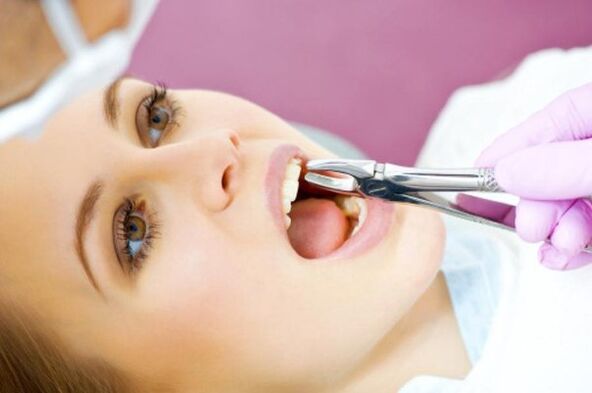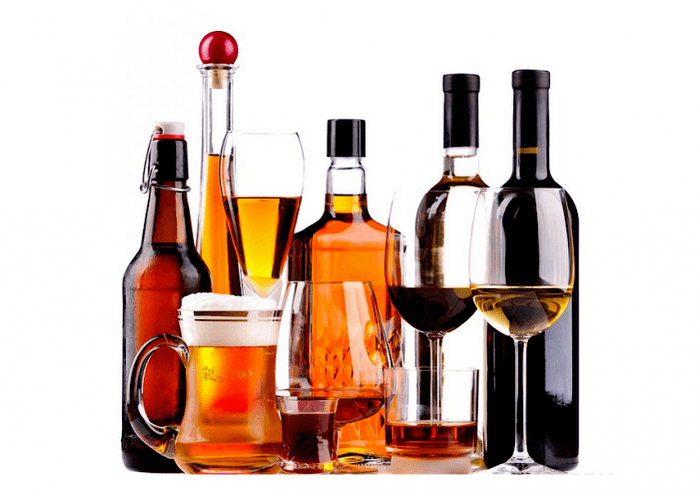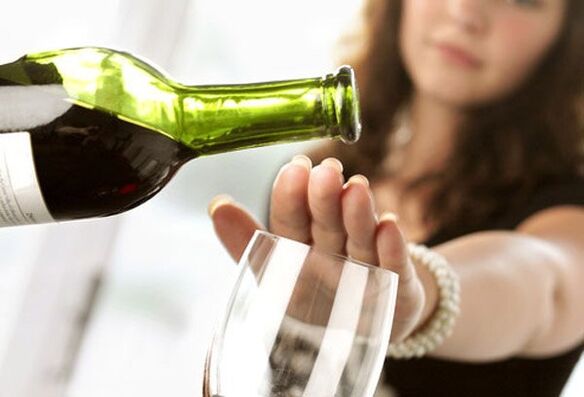A serious surgical procedure like a tooth extraction is a complex process, so a fairly deep wound is left in the mouth where the formation is removed. To prevent inflammation and other complications after treatment, patients must follow the rules of oral hygiene and the advice of their dentist. But sometimes there are situations where events are planned in the near future after surgery, and many people ask questions - is it okay to drink alcohol after a tooth extraction, and what are the consequences? In this case, it is worth considering the characteristics of dental treatment, the risks after dental anesthesia, and the possible consequences of alcohol consumption after tooth extraction.
Bad Behavior After Dental Surgery

During this operation, in most cases, the integrity of the gums is compromised. After that, the healing process takes place accordingly, and the formation of bone tissue begins where the root is. It is very important here that everything is normal, there is no suppuration, swelling and open bleeding. The following is a list of operations that are contraindicated after this operation:
- Don't hold on to the gauze swab for hemostasis for more than 30 minutes - otherwise it will become saturated with blood and become an excellent breeding ground for pathogenic microorganisms.
- On the first day of a tooth extraction, rinsing is not necessary or you can simply break up the blood clot that formed in the hole. Doctors often prescribe special body washes to relieve pain.
- At least for the first day after a tooth extraction, you can't go to the beach, baths, saunas, and other such places - this can cause a lot of bleeding in the mouth.
- Avoid eating and drinking for the first two to three hours after removal - food scraps can enter unhealed wounds and trigger the development of various infections.
- Hot drinks should be avoided for the first day after a tooth extraction, as they encourage blood vessels to dilate, which can easily lead to bleeding in the mouth.
- Physical labor and exercise are also contraindicated on the first day—they increase the risk of bleeding, as well as the migration of blood clots that form in the holes at the removal site.
Tooth extraction surgery is always stressful for the human body. To speed up healing and keep it free of any complications, you can handle this process responsibly and follow all your doctor's recommendations. Can I drink alcohol before and after surgery? You shouldn't do this because the risk of complications is high if you drink alcohol.
important! Do not drink alcohol after a tooth extraction, not only while the effects of the anesthesia last, but also throughout the course of treatment with the medications your doctor prescribes. Alcoholism can lead to many complications.
Alcohol is allowed after dental surgery

Everyone knows there are different types of pain, and no matter how many people you ask, toothache is considered the worst of them all. Some people drink alcohol deliberately to relieve this pain after a tooth extraction, a testament to the disinfecting properties of ethanol and its ability to relieve stress. Is it okay to drink alcohol after a tooth extraction, is it okay to drink beer after a tooth extraction—to answer these questions, you should briefly list the effects of alcohol on your mouth:
- Alcohol is a mucosal irritant and can severely slow down the healing of the hole;
- Dilation of blood vessels, increasing pressure, leading to bleeding and edema;
- Alcoholic beverages can simply dissolve blood clots in the well, causing it to become infected;
- The clotting process is disturbed, again causing bleeding;
- When drinking beer, there is a risk of infection with fermentation products and pathogenic bacteria;
- Alcohol can cause anaphylactic shock and allergic reactions when interacting with anesthetics;
- When interacting with medications designed to help a person get rid of pain the day after surgery, alcohol can cause a number of complications, depending on the medications taken.
important! Combined ingestion of alcoholic beverages and antibiotics can overload the liver, leading to dizziness, nausea, vomiting, and other unpleasant conditions. Especially in this case, it is dangerous to drink strong alcohol: vodka, whisky, pure alcohol, spirits, etc.
The above consequences should nicely answer the question that many people who have had dental surgery ask themselves—is it okay to drink alcohol after a tooth extraction. After all, these are far from all options for how alcohol affects teeth and human conditions.
If you're opting for the worst possible consequences of drinking alcohol after a tooth extraction, it's worth considering anesthesia for this procedure. Also sometimes called freezing. As you know, teeth are usually extracted under anesthesia. Any qualified dentist will ask patients about known drug allergies before starting surgery. He asked this for a reason, because allergic reactions are very different. Many drugs are incompatible with alcohol, and taking them together can lead to serious complications. For the same reason, dangerous situations can arise if a person drinks alcohol before surgery. Therefore, taking into account the future anesthesia of the teeth, drinking alcohol should be stopped early so that the surgery can proceed smoothly. It doesn't matter if you drink beer or hard liquor - you should not drink alcohol in any form at this time, even if you really want to. In addition, the effect of anesthesia and alcohol will be reduced, and the extraction time will be much longer, which is not very comfortable.
Terms for Alcohol Abstinence During Tooth Extraction

An important question is how soon after a tooth extraction can I drink alcohol? Not every patient follows a doctor's advice. Although if they explained to him in layman's terms why alcohol is not allowed after a tooth extraction, that doesn't mean at all that he won't drink at his own risk. It's worth remembering, though, that it's best to take prescription medication and follow your doctor's instructions. If you stop taking your prescription medication, after about 5 days, you may experience bleeding and infection symptoms again, and alcohol will only exacerbate the whole situation.
important! After a tooth extraction, alcohol is strictly prohibited until the cavity is fully tightened, and many people end the course of the dentist-prescribed medication they drink after a tooth extraction.
Can I drink alcohol after wisdom teeth removal? Wisdom teeth, as well as other teeth in the lower jaw, cannot tolerate alcoholic beverages after extraction as they age. People who drink alcohol a few hours after dental surgery may disrupt the healing process at the extraction site.
Of course, going to the dentist can be a huge stressor for many people. They had a tooth pulled - and the emotions of getting rid of the frustrating pain went wild. In this case, alcohol is usually used for sedation. However, this irresponsible attitude towards one's own health can do far more damage to the entire body than a state of stress. In addition, there are many non-alcoholic sedatives that can relieve stress. Everyone can decide for themselves when they can drink alcohol after any surgery, but people who are sane enough will still try to follow the doctor's advice for their own benefit. If a person drinks alcohol under the prohibition of the doctor, he will hurt himself.
























